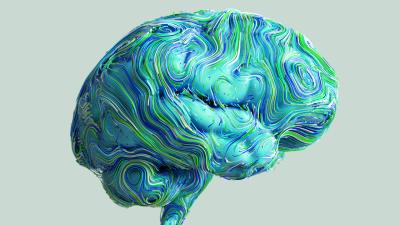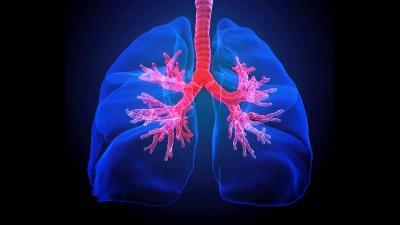Physicians Committee Urges NIH to Phase Out Monkeys in Neurological Research

The NIH recently announced a new initiative to expand innovative, human-based science while reducing animal use in research. To build on this positive development, Physicians Committee experts have submitted a public comment requesting that the National Institutes of Neurological Disorders and Stroke (NINDS) advisory council phase out the use of monkeys and facilitate a shift to human-based methods in neurological research.
Animal experiments—including those using monkeys—are poorly representative of human health and disease and rarely predictive of drug efficacy, safety, and toxicity in humans. New human-based approaches like organoids, tissue chips, and advanced computer modeling use human cells, tissue, and data to better replicate human-specific biology and disease characteristics and are already being used to replace animals in a variety of applications. Acknowledging the potential of these approaches to revolutionize medical research and testing, on April 29, 2025, the NIH announced its groundbreaking initiative committing to the prioritization of the development and use of human-based research to improve human health, and to the replacement of animal use. In the announcement, NIH Director Bhattacharya stated that these approaches “will accelerate innovation, improve health outcomes, and deliver life-changing treatments,” including for diseases like Alzheimer’s, which are expected to have a greatly increased burden on the American public in the coming years, and for which animal-oriented research has proved an obstacle to clinical translation and success.
Myriad genetic differences between humans and monkeys influence the structure and function of the central nervous system. These species-specific differences thwart the translation of basic neuroscience research from monkeys to humans, stalling the development of new therapies for neurological disorders. Despite these recognized biological differences that undermine the utility of research using monkeys, NIH-funded neuroscience research constitutes the second-largest usage of monkeys behind infectious disease research.
Based on the well-documented failures of monkey use in neurological research, the Physicians Committee submitted a written comment to the advisory council of the NINDS requesting:
- The phase out of monkeys in neurological research; and
- Prioritization of human-based methods in line with the new NIH-wide initiative.
In order to facilitate the phaseout of monkey use and shift to human-based methods, our comment recommended that NINDS create new funding opportunities for human-based methods, and that the institute work closely with the soon-to-be established Office of Research Innovation, Validation, and Application (ORIVA) to accelerate the development, validation, and use of human-based methods for neurological conditions.
The NIH’s historic initiative signals a significant shift away from the use of animals in medical research and testing that the Physicians Committee has been working toward for many years. We will continue to work with the NIH and its constituent Institutes to help them realize their goals.







